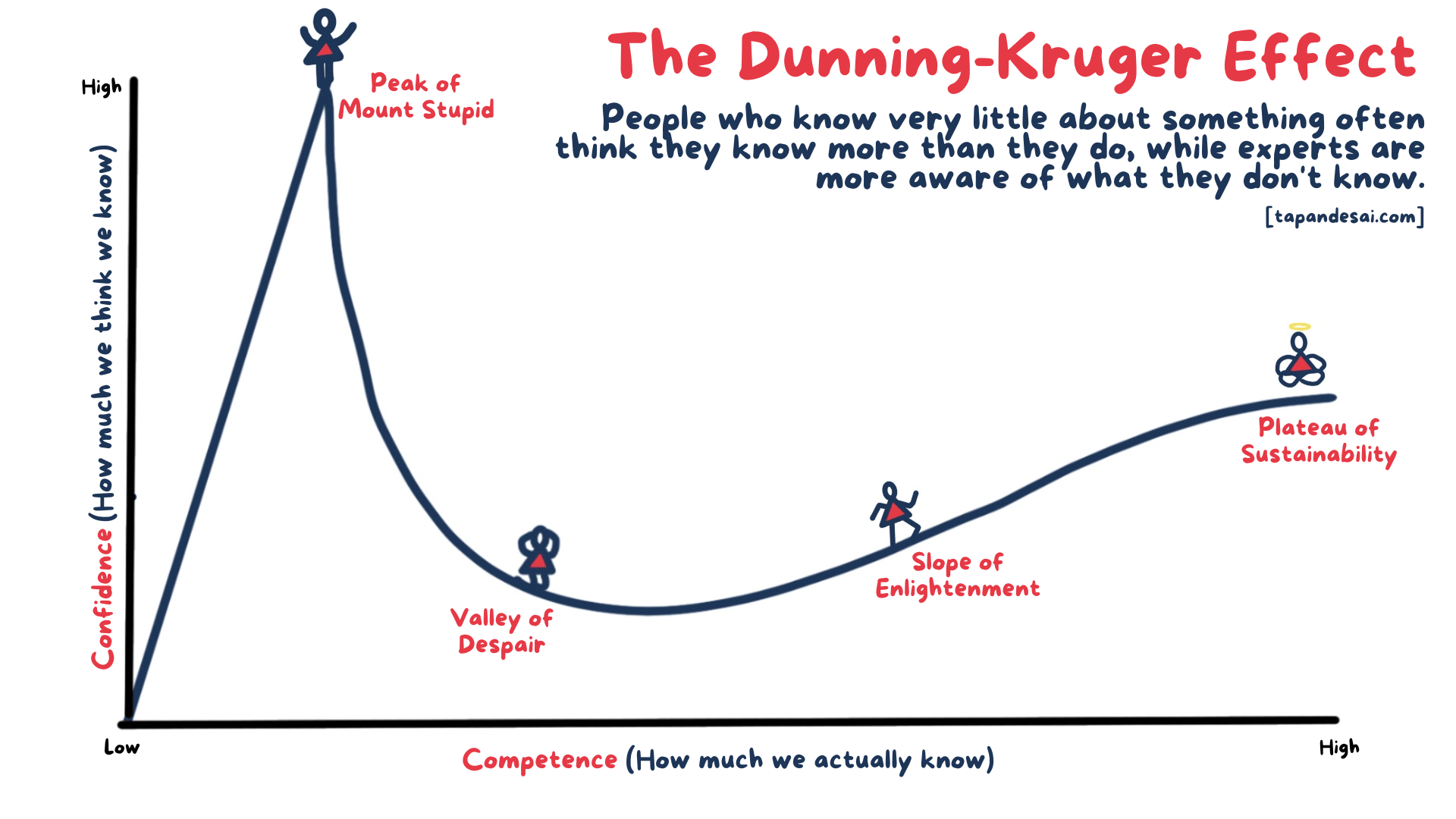The Illusion of Greatness: How Undeserved Attention Creates False Confidence

In today’s hyper-connected, attention-driven world, the line between genuine merit and superficial fame has become increasingly blurred. The quote, “Too much attention makes a donkey think that he is a lion,” is a metaphorical critique of how excessive or misplaced attention can distort one’s perception of reality. It speaks volumes about identity, ego, and the societal trend of glorifying those who may not truly deserve it. This article will explore the psychological, social, and cultural implications of this idea, delving into how modern society fuels delusions of grandeur and why it matters.
The Power of Attention in Shaping Identity

Attention is a psychological currency. From early childhood, humans seek validation through attention. It starts with parental praise and extends to peer approval, academic recognition, and eventually public acclaim. Attention reinforces behavior. When someone receives it, regardless of whether it is warranted, they begin to believe in their perceived importance.
Imagine a donkey being applauded every time it brays, simply because it is loud or different. Over time, the donkey may assume its voice holds the same weight as a lion’s roar—one of power and authority. This illustrates how attention, even when not backed by substance, can manufacture a false identity. When admiration is not tied to actual talent, wisdom, or contribution, it creates inflated self-worth.
The Rise of the “Donkeys” in the Social Media Age
Social media platforms have become fertile ground for the rise of these so-called “donkeys.” On platforms like TikTok, Instagram, or YouTube, individuals can gain millions of followers not for wisdom or substance, but for sensationalism, shock value, or superficial content. Viral fame is often mistaken for meaningful influence.
For example, someone posting shallow, humorous, or provocative content may accumulate a fanbase and begin to perceive themselves as thought leaders or role models. In this context, the metaphor of the donkey believing it is a lion becomes strikingly relevant. The applause and attention substitute for true capability or leadership.
The danger is that others begin to buy into this illusion as well. When a large audience validates someone without discernment, it can collectively reinforce false narratives about intelligence, morality, or competence.
The Dunning-Kruger Effect and Overestimated Competence

Psychologically, the quote aligns closely with the Dunning-Kruger Effect, a cognitive bias where individuals with low ability at a task overestimate their ability. Those who lack knowledge are often unaware of how much they don’t know—and attention can mask this ignorance.
The donkey, in this analogy, is not self-aware. He receives admiration or visibility and assumes it stems from inherent power. The lion, on the other hand, earns respect through strength, intelligence, and dominance. The problem arises when those with limited capacity receive the same or more recognition than those with true expertise. This leads to misplaced confidence, which in turn can have real-world consequences—especially in politics, media, and leadership.
False Confidence as a Social Hazard
When individuals gain unearned influence, it doesn’t just impact them—it shapes public opinion, policies, and trends. False confidence, born from unwarranted attention, can lead to:
-
Misinformation: Influencers without expertise sharing health, financial, or political advice that many accept without question.
-
Narcissistic Leadership: Leaders rising to power not because of vision or skill, but because of charisma and attention-grabbing behavior.
-
Cultural Decline: A societal shift where loudness is rewarded over wisdom, and popularity overshadows principles.
The metaphor warns us that giving too much importance to those who haven’t earned it creates illusions that can be socially and ethically dangerous.
The Role of Society in Feeding the Illusion
Society plays a major role in empowering these illusions. Our collective attention is often drawn to the most dramatic, controversial, or entertaining figures—not necessarily the most insightful. Algorithms on digital platforms are designed to reward engagement, not truth. As a result, the donkey is boosted simply for being visible.
It raises a critical question: Are we the ones feeding the donkey’s ego?
In many ways, yes. By liking, commenting, sharing, or following without critical thought, we become complicit in creating false idols. The need for entertainment, distraction, or instant gratification overshadows our ability to discern value from noise.
The Lion: A Symbol of Earned Respect
Contrary to the donkey, the lion represents leadership, earned respect, and strength—traits that are cultivated over time. A lion doesn’t need to roar to be feared; its presence commands respect through substance. In society, we do have lions—scientists, educators, ethical leaders, quiet builders—but they are often overshadowed by the noise of donkeys demanding the spotlight.
This contrast calls us to re-evaluate our standards for admiration. Are we celebrating real power or just volume? Are we lifting people who can lead us forward or those who merely entertain us in place?
Historical and Modern Parallels

History is filled with examples where false attention led to disastrous results:
-
Populist Leaders: Many authoritarian leaders have risen not because of policy or ethics but because of mass attention and charisma.
-
Celebrity Worship: Some celebrities become spokespersons for causes they don’t understand, simply because they have an audience.
-
Influencer Culture: Individuals promoting harmful products or lifestyles, yet gaining trust and loyalty due to their fame.
Even in ancient times, thinkers like Plato warned against the rule of the mob and the rise of unqualified leaders fueled by popularity rather than merit.
Counteracting the Illusion: The Role of Critical Thinking
To reverse this trend, society must cultivate discernment. We need to:
-
Value substance over spectacle
-
Support true expertise
-
Question our own attention habits
Education and media literacy play crucial roles here. Teaching individuals to analyze content, verify sources, and think critically can shift the tide. We must stop giving microphones to those who only make noise and start listening to those who offer wisdom, even if they speak softly.
Personal Reflection and Application
This quote is not just a societal commentary—it’s a personal challenge. In our own lives, we may encounter donkeys who believe they are lions. It could be a boastful colleague, a social media personality, or even a friend mistaking attention for excellence.
But it also urges us to reflect: Are we the donkey?
Have we ever mistaken applause for achievement? Have we allowed popularity to cloud our sense of purpose or humility? The quote encourages introspection as much as it criticizes societal trends. It reminds us to stay grounded, to seek growth over gratification, and to earn respect the hard way.
Conclusion: Restoring Balance Between Applause and Merit

The saying, “Too much attention makes a donkey think that he is a lion,” captures a profound truth about modern culture. It warns us of the dangers of misplaced admiration and the ease with which illusions of greatness are formed. In a world saturated with information and noise, we must sharpen our ability to distinguish the roar of a lion from the bray of a donkey.
True strength is not in how much attention we receive but in how well we serve, lead, and grow. Let us be cautious with our applause and generous with our wisdom. The future belongs not to the loudest voices, but to those who quietly, consistently, and honestly strive to become better.











